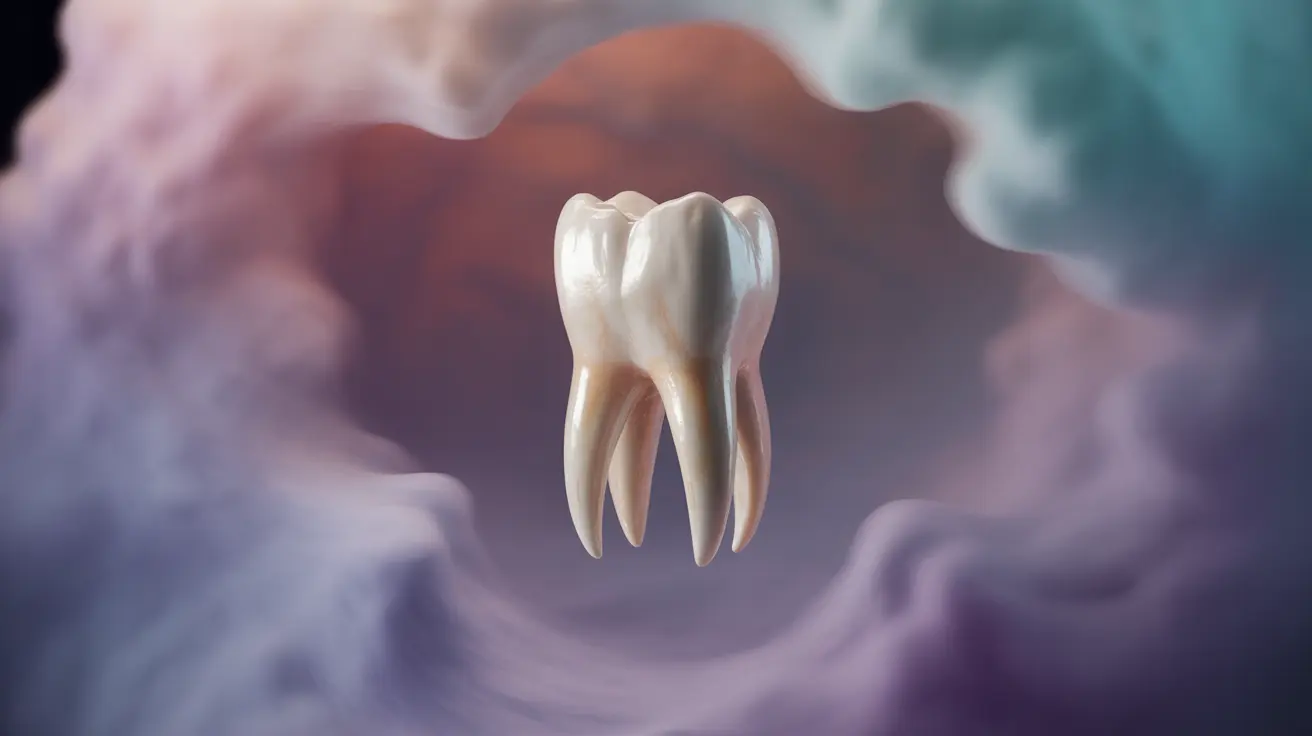Dreams about teeth falling out rank among the most common and unsettling dream experiences people report worldwide. These vivid nighttime scenarios can leave you feeling anxious and wondering about their deeper significance. While such dreams might be disturbing, understanding their potential meanings and triggers can help provide valuable insights into your mental and emotional state.
Whether you've experienced a single incident or recurring episodes of teeth-falling-out dreams, these nocturnal visions often reflect underlying psychological processes rather than literal predictions about your dental health. Let's explore the various interpretations and factors that might contribute to these dreams.
Psychological Interpretations of Teeth Falling Out Dreams
Dream analysts and psychological researchers have identified several common interpretations for dreams about losing teeth. These interpretations often connect to our deepest insecurities and life challenges.
Anxiety and Loss of Control
Many experts suggest that teeth falling out in dreams frequently symbolizes feelings of powerlessness or loss of control in waking life. When you're going through particularly stressful periods, these dreams might manifest as a subconscious expression of your anxiety about situations beyond your control.
Personal Growth and Transition
Sometimes, these dreams can represent periods of significant personal transformation. Just as losing baby teeth marks a developmental milestone, dreaming about teeth falling out might symbolize your journey through important life changes or personal growth.
Physical and Environmental Factors
Dental Health Concerns
While teeth falling out dreams aren't necessarily related to actual dental problems, physical factors can influence their occurrence. People who experience bruxism (teeth grinding) or have ongoing dental issues might be more likely to incorporate these concerns into their dreams.
Stress-Related Influences
High stress levels can manifest in various physical symptoms, including teeth grinding and tension in the jaw area. These physical stress responses might contribute to dreams about dental problems or teeth falling out.
Communication and Self-Image
Dreams about losing teeth often connect to how we present ourselves to others and communicate in social situations. These dreams might reflect concerns about:
- Personal appearance and self-confidence
- Ability to communicate effectively
- Fear of social judgment or embarrassment
- Professional presentation and capability
Frequently Asked Questions
What does it mean when I dream about my teeth falling out?
These dreams often symbolize feelings of insecurity, powerlessness, or anxiety about change. They might reflect concerns about your appearance, communication abilities, or major life transitions you're experiencing.
Can dreams about teeth falling out be linked to stress or anxiety?
Yes, there's a strong connection between stress levels and teeth falling out dreams. These dreams frequently occur during periods of heightened anxiety or when dealing with challenging life situations.
Are teeth falling out dreams a sign of major life changes or personal transformation?
Many dream interpreters suggest that these dreams can indicate periods of transition or personal growth, similar to how losing baby teeth represents development and maturity in childhood.
Could poor dental health or teeth grinding cause dreams about teeth falling out?
Physical factors like teeth grinding (bruxism) or dental concerns can influence dream content. If you're conscious about dental issues during waking hours, these concerns might manifest in your dreams.
How do teeth falling out dreams relate to self-esteem or communication issues?
These dreams often reflect underlying concerns about self-image, social interaction, and effective communication. They might emerge when you're feeling particularly vulnerable about how others perceive you or your ability to express yourself.
While teeth falling out dreams can be unsettling, they often serve as valuable indicators of our emotional state and life circumstances. Understanding their potential meanings can help us address underlying concerns and navigate periods of stress or transition more effectively.




